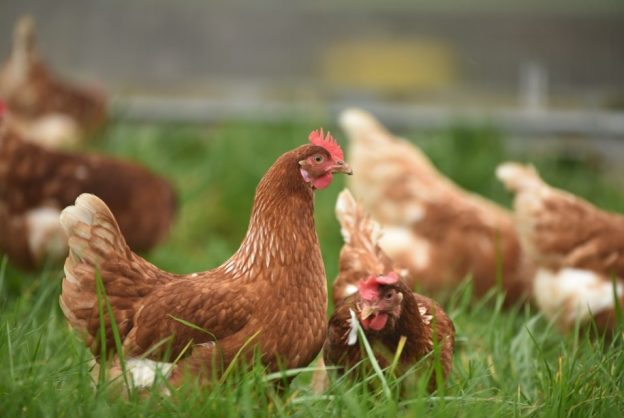In poultry farming, success comes down to you having a delicate balance of attention to detail, care, and knowledge. Navigating the intricacies of husbandry, including animal feed, can be a difficult but rewarding effort. Although, even the most experienced farmers can encounter problems. This includes ones that hinder profitability and productivity.
What we want to do is go through some of the mistakes people make in poultry farming. At the same time, we’ll discuss solutions to them.
Poor biosecurity
Firstly, always keep in mind that biosecurity is an essential part of poultry farming, one that you cannot overstate. The industry is under constant threat from many pathogens, parasites, bacteria, and viruses. They can devastate whole flocks if you don’t take the right precautions. These can pose a risk to human health and may result in economic losses. So, a huge mistake is overlooking the significance of biosecurity measures or not implementing them consistently.
To overcome this problem, poultry farmers need to prioritise biosecurity. They must do so by implementing comprehensive protocols. These are ones tailored to their particular operations. For example, make sure you are controlling access to the actual farm. You also need to disinfect vehicles and equipment, and ensure strict hygiene protocols, especially with animal feed. Isolating new birds upon arrival is a really good idea too.
A lack of good housing and ventilation
Housing environments play a critical role in the well-being and health of poultry. Insufficient ventilation and poor quality housing are common issues. Both have detrimental effects on bird productivity and welfare. Overcrowding for instance can cause increased competition for resources. Stress levels will be higher as well and disease is more likely to transmit among birds. Inadequate ventilation worsens these problems by trapping airborne pathogens, ammonia, and humidity. It can compromise respiratory health and also lowers growth rates.
To minimise these problems, poultry farmers need to prioritise proper housing. Ensure it has enough space. In addition, you need ventilation systems that offer sufficient environmental control and airflow. Well-ventilated environments help preserve optimal humidity and temperature levels. At the same time, it promotes air quality and lowers ammonia build-up. This improves respiratory health and lowers the chances of diseases.
Bad nutrition management
Nutrition is the cornerstone of poultry productivity and health. Even so, bad nutrition is a common problem that undermines the success of farms. Inaccurate feeding practices can cause nutritional excesses or deficiencies. Said practices include overfeeding or underfeeding and bad feed storage. This causes higher vulnerability to diseases, poor egg quality, and suboptimal growth. Imbalanced diets lacking crucial minerals, vitamins, and nutrients can also impair reproductive performance and immune function in poultry.
To overcome the issues, poultry farmers should work with nutritionists. Together, they can produce effective diets. These will match the particular nutritional needs of the flock. Diet planning here involves considering details like environmental conditions, production stage, breed, and age when crafting animal feed formulations. Investing in first rate supplements and ingredients can help optimise nutrient intake. Moreover, they can maximise poultry productivity and health. So can doing regular feed analysis to inspect nutrient content. You can alter feed regimes based on performance indicators as well.
Hygiene practices
Maintaining a hygienic and clean environment is necessary to stop the spread of diseases. It promotes the well-being and health of poultry too. Failing here can create environments for parasites, bacteria, and viruses to thrive in. All three can threaten flock productivity and health.
Efficient hygiene practices involve several things. There is the frequent cleaning and disinfecting of feeders, equipment, and housing. You need proper waste management in place as well. Practice good personal hygiene and introduce strict biosecurity measures. Examples include implementing footwear disinfection protocols and limiting visitor access.
Let us help you with animal feed and more
At JS Hubbuck Ltd, we have multiple exceptional products available to buy. They’ll help you to keep your farm animals healthy and happy. If the need arises, we can help you with a multitude of other areas too.
So, please contact us if we can be of any help with animal feed and other products. We’re knowledgeable and can provide details about everything we stock.

